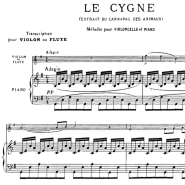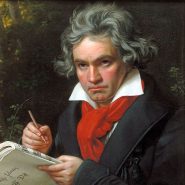Tag: singing
By Rebecca Merblum October 18, 2018
By Arnold Steinhardt September 10, 2013
Subjects Artists, Repertoire
Tags accompany, arpeggios, artistry, assistant concertmaster, beauty, Beethoven, Boston, Boston Symphony Orchestra, bow, bow control, Camille Saint-Saëns, Carnival of the Animals, cello, cellobello, changes, child, CIM, Cleveland Institute of Music, Cleveland Orchestra, connections, creativity, depth, difference, discussion, double major, essence, exceptions, extended melodies, fiddlers, Hess, ideas, improvement, intimate, intonation, Jules Eskin, Mary, melody, music, musical essence, musicality, musicianship, permier music school, phrase, phrasing, phrasing alterations, piano, re-evaluate, respect, rocking, scientists, sections of music, singing, string quartets, swaying, The Swan, tone production, vibrato, violin master-class, work
By Jonathan Pegis December 11, 2012
Subjects Orchestra, Repertoire
Tags attention to detail, Beethoven, Beethoven Symphonies, Beethoven's 5th Symphony, bow control, bow technique, cello, cello excerpt, cellobello, continuous vibrato, details, dynamics, Excerpts, intonation, Jonathan, legato, melody, musicality, Pegis, phrasing, practice tips, Preparation, Rhythm, shifting, singing, Sound, sound production, technical challenges, tempo, vibrato
By Selma Gokcen November 5, 2012
Subjects Playing Healthy, Practicing
By Jonathan Pegis October 19, 2012
Subjects Orchestra, Repertoire
Tags accents, Audition, Beethoven, blog, bow changes, bow speed, cello, cellobello, coaching, confidence, control, dynamics, education, Excerpts, inflection, legato, markings, mistakes, nerves, orchestra, orchestral excerpts, phrasing, practicing, Preparation, pressure, recording, release, Rhythm, singing, sustain, Symphony, teacher, Teaching, technical challenges, variations, vibrato






